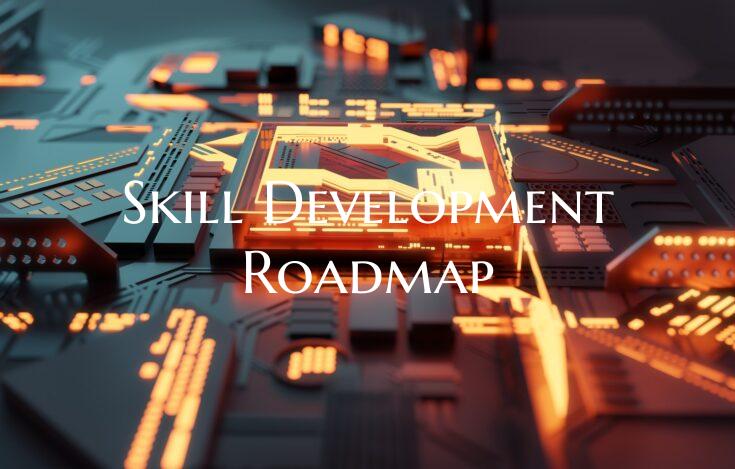Skill Development Roadmap
In today's fast-paced and constantly evolving world, acquiring new skills and staying relevant in the workforce is more crucial than ever. A skill development roadmap can be a valuable tool to help individuals plan and navigate their journey towards personal and professional growth. By carefully outlining the steps and strategies needed to enhance one's skill set, individuals can effectively progress towards their goals and stay ahead in their careers.
The first step in creating a skill development roadmap is to assess one's current skills and identify areas for improvement or expansion. This self-awareness is essential in determining the direction and focus of the skill development journey. Whether it's technical skills, soft skills, or industry-specific expertise, having a clear understanding of where one stands will lay the foundation for the roadmap ahead.
Once the current skill set is evaluated, the next step is to set specific, measurable, achievable, relevant, and time-bound (SMART) goals for skill development. These goals should be aligned with both personal aspirations and the demands of the market or industry. Whether it's learning a new programming language, improving leadership skills, or gaining certification in a specialized area, each goal should be broken down into manageable tasks and milestones.
After setting goals, the roadmap should outline the resources and opportunities available for skill development. This could include enrolling in courses, workshops, or training programs, participating in networking events or conferences, seeking mentorship or coaching, or even leveraging online resources such as tutorials, webinars, or e-learning platforms. It's important to explore a variety of learning methods to find what works best for individual learning styles and preferences.
Consistency and dedication are vital components of skill development. The roadmap should include a schedule or timeline for acquiring and honing new skills, allocating time for regular practice, study, and reflection. By committing to a structured plan and holding oneself accountable to the set goals, individuals can make steady progress and track their development over time.
Lastly, it's essential to periodically review and adjust the skill development roadmap as needed. Industries evolve, new technologies emerge, and personal interests may change. Regularly assessing the relevance of current skills and updating goals based on changing circumstances will ensure that individuals remain adaptable and resilient in the face of career challenges.
In conclusion, a skill development roadmap serves as a guiding framework for individuals to enhance their capabilities, stay competitive in the job market, and achieve their full potential. By following a structured plan, setting clear goals, accessing relevant resources, committing to continuous learning, and adapting to changing circumstances, individuals can navigate their skill development journey with confidence and purpose.

